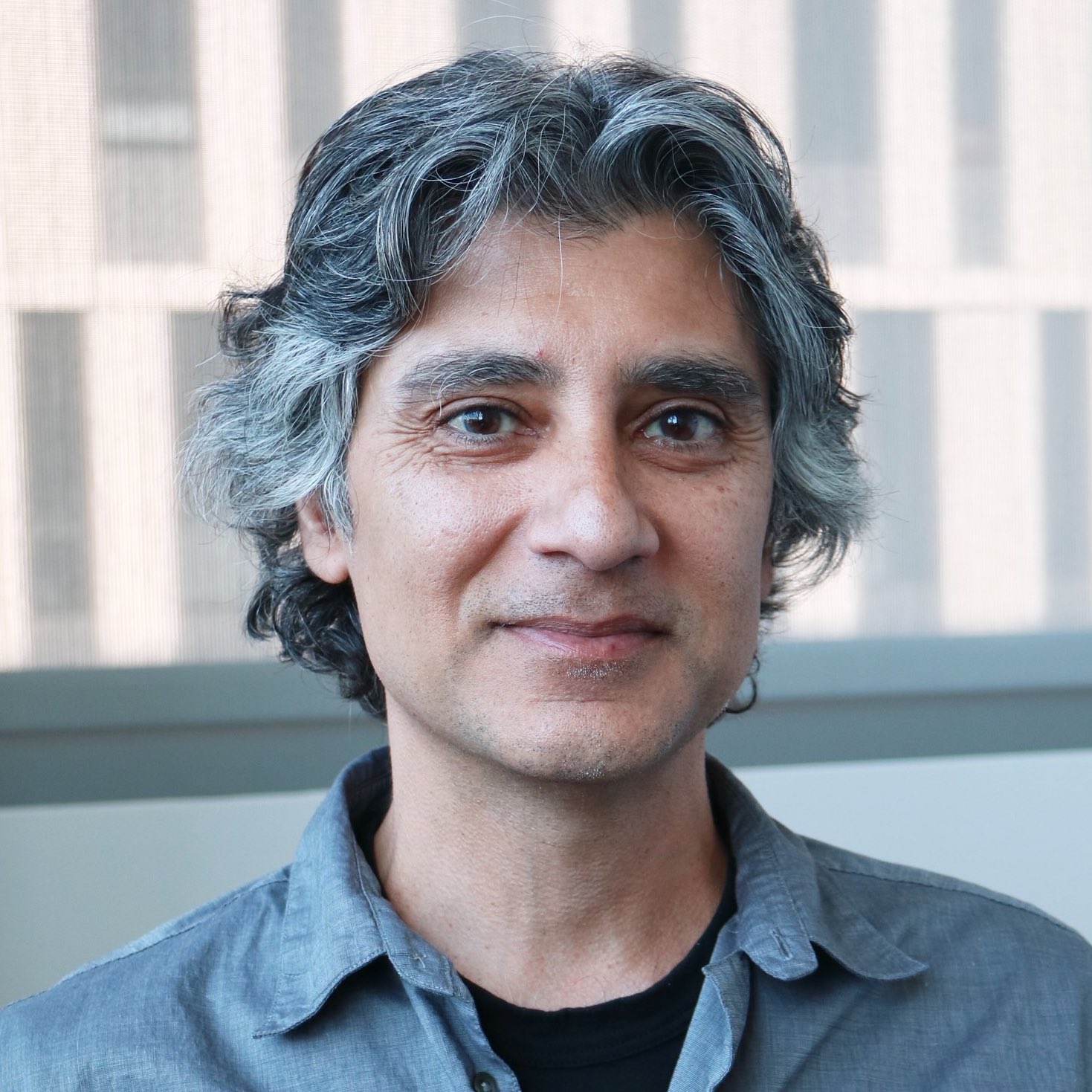Critical Path Institute's Translational Therapeutics Accelerator program, designed to support academic researchers in traversing the drug development valley of death and advancing new cutting-edge therapeutics from the lab to patients, has partnered with with The Leona M. and Harry B. Helmsley Charitable Trust, to fund new research grant aimed at developing a novel treatment for Type 1 Diabetes, which has been awarded to Diabetes Center affiliate faculty member Feroz Papa MD PhD—along with Bradley Backes PhD (UCSF) and Dustin May PhD (University of Washington, Seattle)—to develop kinase inhibitors that target critical pathways in the onset of T1D.

Feroz could not be more excited, and looks forward with optimism. "More than 1.3 million Americans currently live with T1D, with first degree relatives of patients being at risk for developing the condition,” explained Papa. “This grant will enable our research team to further develop our novel drug candidate to prevent and even reverse T1D."
The Helmsley Charitable Trust, matched an investment of $500,000 to total a grant award of $1 million. "Existing therapies for T1D fall short of easing the burdens of those living with diabetes," said Ben Williams PhD, T1D Program Officer at the Helmsley Charitable Trust, "which is why we are excited to support this effort to develop an innovative therapy for people with the disease."
This grant complements Critical Path's broader commitment to foster collaboration among scientists and stakeholders by expediting the development of safe and effective therapies through its T1D Consortium, of which the Helmsley Charitable Trust is also a partner. Founded in 2017, it is working to achieve regulatory endorsement of Clinical Trial Simulation Tools in both new-onset and prevention of T1D to improve clinical trial design, accelerate development of new therapies, and positively impact the entire T1D community.
This article has been adapted from Critical Path Institute's press release.
